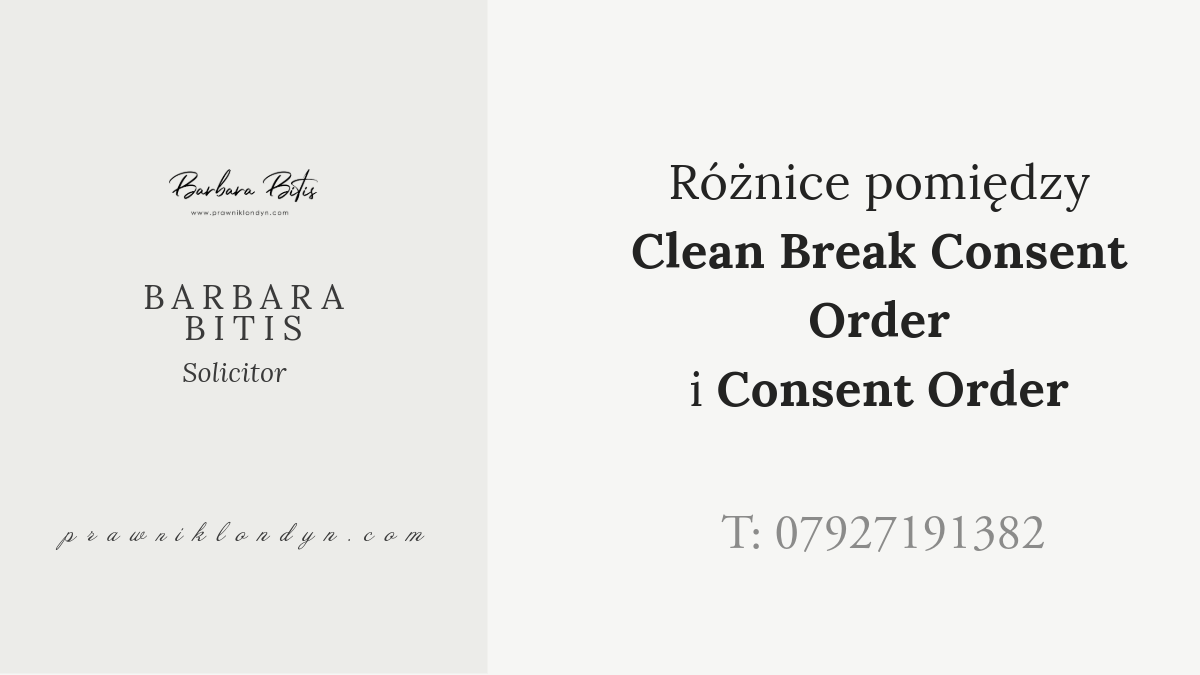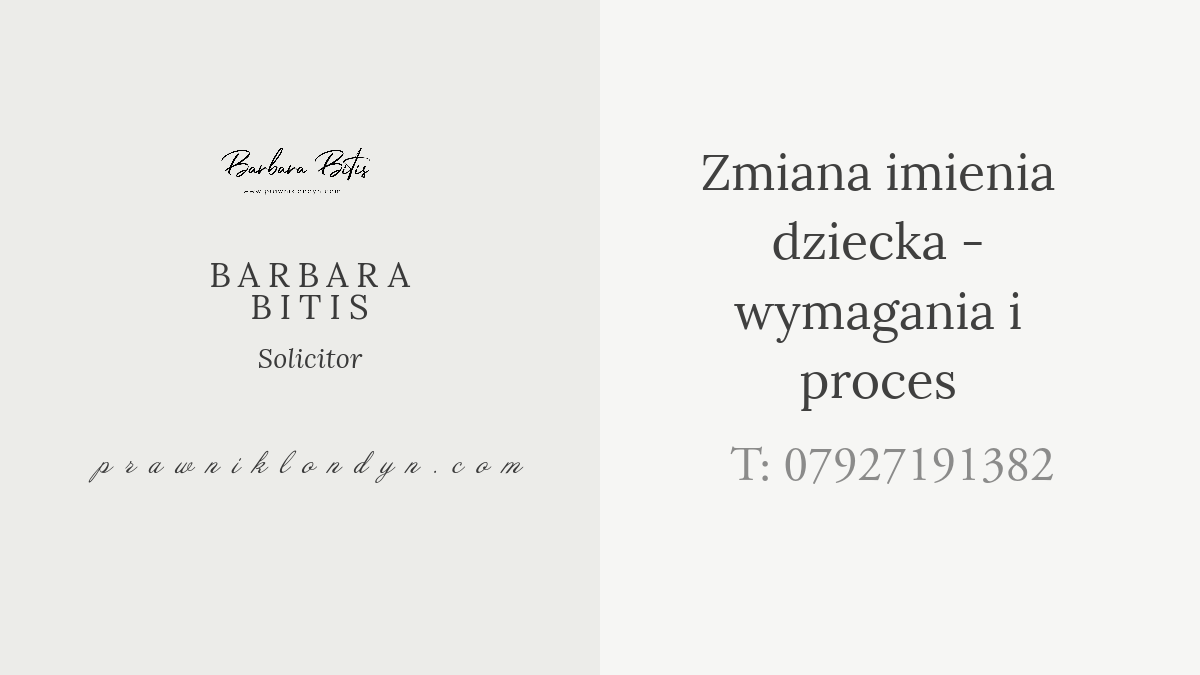Divorce and Business Valuation: Navigating the Complexities of Financial Asset Division

In a divorce involving business assets, understanding the division of matrimonial assets is key.
This is a highly complex area of law that requires a thorough understanding of both the legal and financial aspects of the business.
The aim of the articles series is to clarify the key factors that the court will take into account while issuing an order pertaining to a business during divorce proceedings. It will also cover the process and factors that come into play when the court orders the sale of a business in a divorce.
In financial remedy proceedings, the court may direct a valuation of an interest in a limited company.
In a one-person incorporated trading entity it is usually straightforward to calculate the value of the business and formal valuations are not required. For larger businesses or those with multiple shareholders, it will be necessary for the court to appoint a forensic accountant to conduct a valuation.
Family owned companies are typically limited by shares and have at least one director; they may also have employees or contracts of employment/service level agreements for directors. Spouses can also hold minority shareholdings in large entities, which require careful consideration when formulating questions on what information should be sought from them, as some data might be confidential requiring joining parties into proceedings for orders against them.
Solutions could include transfer of shares, sale of the company or its assets, resignation as a director, exchange for value etc. The first step would often involve obtaining company asset valuations unless there is no intrinsic value beyond book values and cash reserves available in a bank account.
Next topic - Valuing the business
TBC











